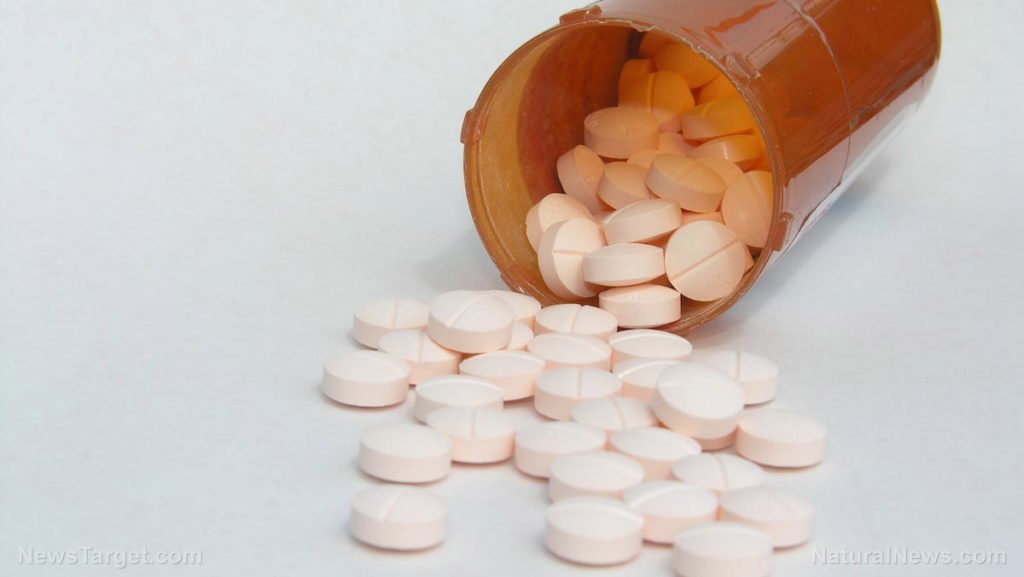Drugged Driving Causes More Fatal Crashes Than Drunk Driving

Back in 2014 we reported a study published in the Public Health Reports, that driving under the influence of prescription drugs was becoming a large problem in society, causing more fatal driving accidents than ever before.
Today, driving fatalities due to driving under the influence of prescription drugs, including Xanax, Cymbalta, Zoloft, Wellbutrin, Lexapro, Sarafem and Abilify, are surpassing those caused by drunk drivers.
Now in 2017, Opioid addiction rates are skyrocketing.
One in 4 Americans (and 1 in 3 millennials) reports knowing someone addicted to opioids,1 and recent statistics reveal driving under the influence of these and other drugs has become a serious problem, now causing more fatal car crashes than drunk driving.2
As Mercola reports, while the rising death toll from opioid overdoses has received much-needed attention in the last couple of years, another related problem is now surfacing. Millions of people are driving under the influence of opioids, yet law enforcement has few reliable tools to identify drugged driving, or for measuring opioids and other drugs in someone suspected of driving under the influence.
According to a report3,4,5 compiled by the Governors Highway Safety Association and the Foundation for Advancing Alcohol Responsibility, prescription and/or illegal drugs were involved in 43 percent of fatal car crashes in 2015, while 37 percent involved illegal amounts of alcohol. The findings highlight an urgent need for law enforcement training in identifying drug-impaired driving. As reported in the Chicago Tribune:6
“The drugged driving report, which summarizes findings from multiple studies, said law enforcement officers often have a hard time recognizing drivers under the influence of drugs, who are more difficult to assess than those driving drunk.
‘Officers need to know more than they do for alcohol how to suspect drug impairment, and know that it can exhibit itself in different ways,’ [lead author and former National Highway Traffic Safety Administration official Jim] Hedlund said in an interview. ‘Drug impairment has different signs and symptoms — think of the difference between uppers and downers.’”
Unfortunately, many drivers also make the mistake of not analyzing their usage before getting behind the wheel.